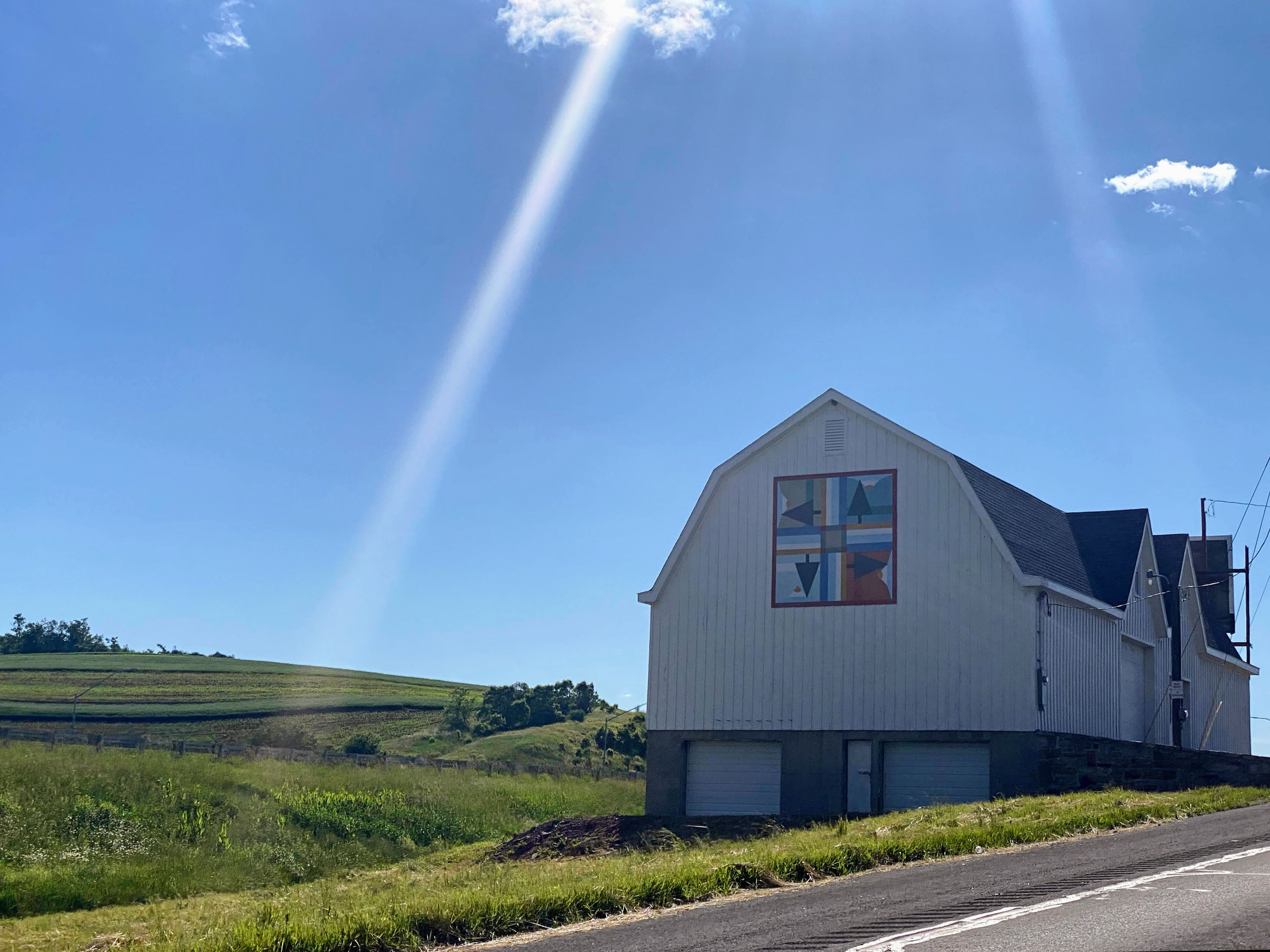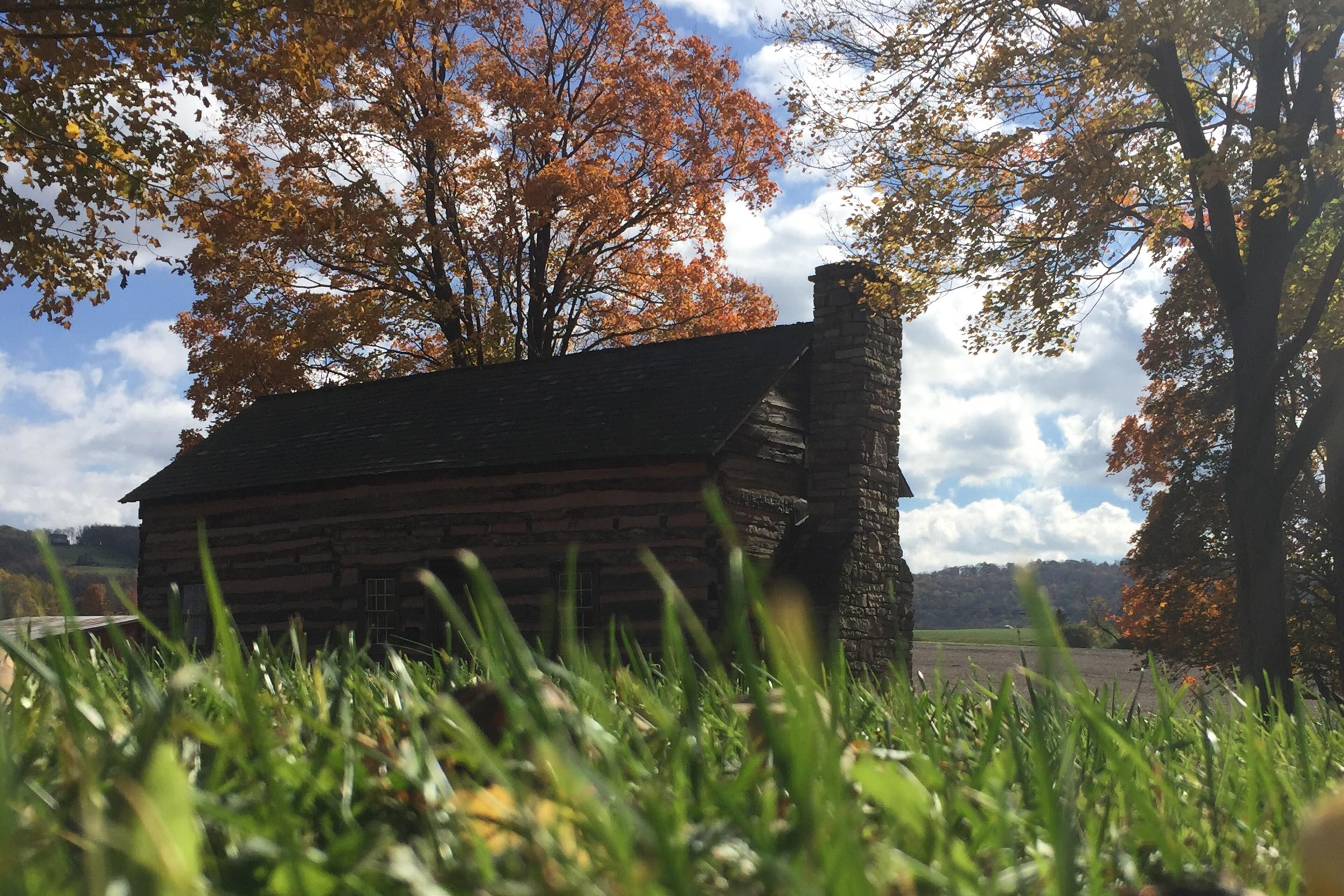- Designate a shelter area in your home. Basements or storm cellars are the safest. Otherwise, use an interior room or hallway on the ground floor.
- Practice getting to your home shelter area.
- If you live in a mobile home, find a sturdy building nearby where you can take shelter. Mobile homes offer little protection in a tornado.
- Contact your local emergency management agency to find out if there are any public safe rooms or shelters nearby.
- Know the locations of designated shelter areas in places like schools and shopping centers.
32 Outfitter Way, McHenry, Maryland 21541
Department of Emergency Management
- Overview
- Planning
- Emergency Services Board
- Volunteer Award Program
- Safety Tips
- Garrett County Government
- Citizen Connect
-
Commissioners
- Overview
- Administration
- Boards & Committees
- Public Information
- Legal
- Financials
- Procurement
- Elections
-
Public Safety & Legal
- Register of Wills
- Circuit Court
- 911
- Police
- Crime Solvers
- Public Safety
- Animal Control
-
Public Works & Services
- Trash
- Water & Sewer
- Transportation
- Community Development
- Online Services
- Procurement
-
Licensing & Regulatory
- Regulatory Agencies
- Regulatory Boards
- Construction & Land Permitting Actions
- Construction & Land Permitting Information
- Business Licenses
- Animal Control
- Other Annual Permits
- All Departments


The Yough in Friendsville, MD 

Mountain Lake Park, Maryland 

- Overview
- Planning
- Emergency Services Board
- Volunteer Award Program
- Safety Tips
